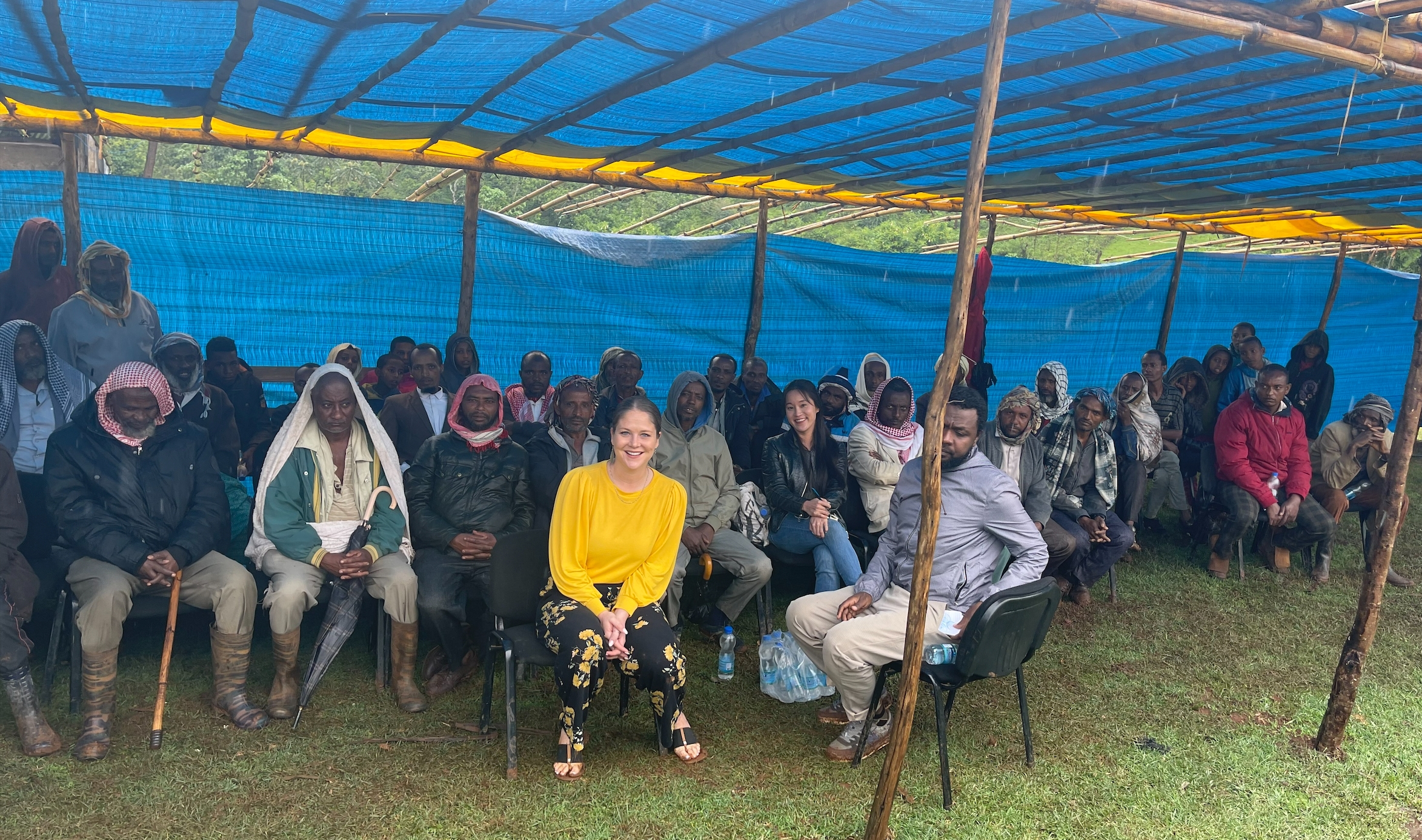Blockchain in Agriculture
Two people holding mobile phones close to each other

Since 2016, blockchain has garnered increasing interest for its potential to improve transparency, traceability, and value chain efficiency in the agricultural sector. However, almost a decade on, there is limited evidence as to the practicality, scalability, and impact of blockchain in agrifood value chains, particularly those that include smallholder producers.
Research is also needed on the technologies and innovations (e.g., digital platforms, peer-based certifications, online marketplaces, sensors, machine learning, cloud services) that can complement blockchain to achieve transparent, traceable, and equitable agri-food value chains.
Multi-sectoral cooperation is critical to guide research and deployment of emergent technologies to maximize impact for target beneficiaries (e.g., smallholder producers) while minimizing unintended consequences.

Program Overview
Program Lead: Jessica Agnew, Associate Director, CALS Global
The Blockchain in Agriculture program in CALS Global convenes partners from across disciplines and sectors to collaboratively tackle foundational and practical challenges to deploying blockchain and complementary technologies to strengthen agri-food value chains in emerging markets and economies.
The BIA program is part of the Global Partnerships and Innovation Initiative which seeks to catalyze breakthrough and disruptive innovation in the agricultural and life sciences through partnerships between CALS faculty and global partners.

Vision and Mission
The CALS Global Blockchain in Agriculture program aspires to provide critical evidence and practical guidance on the integration of blockchain and complementary technologies within local, regional, and global agrifood value chains to increase the sustainability, quality, profitability, and equity of food systems in emerging markets and economies.
To successfully and appropriately integrate blockchain and complementary technologies in targeted agrifood value chains, the Blockchain in Agriculture program will develop and execute integrated frameworks for research, implementation, and policy reform, design resource mobilization strategies, and provide evidence dissemination through interdisciplinary and multi-sectoral collaboration.
The BIA program objectives are to:
- Identify critical evidence gaps on the use and implementation of blockchain and complementary technologies in select agrifood value chains in emerging markets and economies.
- Design and execute integrated frameworks for research, implementation, and policy reform.
- Mobilize resources to implement framework activities and to scale and replicate private sector solutions.
- Produce thought leadership outputs (e.g., publications, events) to disseminate learnings and build capacity of multiple stakeholder groups to deploy locally tailored approaches.


